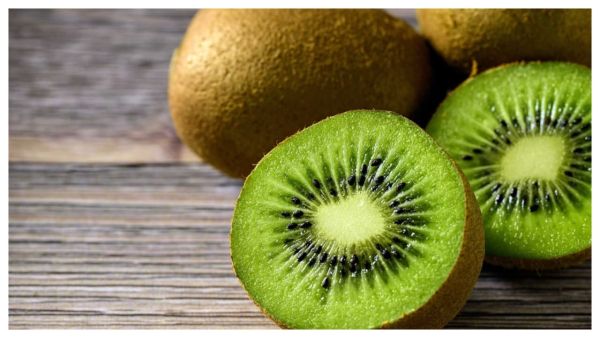
If you’ve been told to “just eat more fiber” for constipation, new research says it’s time to rethink that advice. Scientists at King’s College London have developed the first evidence-based dietary guidelines for chronic constipation, revealing that real relief may come from kiwifruit, rye bread, and mineral-rich water — not the usual fiber-heavy diets many rely on.

The study, published across two major journals — Journal of Human Nutrition & Dietetics and Neurogastroenterology & Motility — also found that psyllium, probiotics, and magnesium oxide showed measurable benefits, while common fiber and senna-based remedies lacked convincing evidence.
Constipation affects millions of adults worldwide, often disrupting daily life and contributing to healthcare costs. Yet, treatment has long relied on a one-size-fits-all approach — “eat more fiber and drink more water.”
Now, researchers have shown that this advice may be too simplistic and not universally effective. Using extensive clinical data, the King’s College team developed 59 dietary recommendations based on over 75 clinical trials, carefully graded for evidence quality using the GRADE framework — a global standard for medical research evaluation.
“Chronic constipation can have a huge impact on daily life,” said Dr. Eirini Dimidi, Reader in Nutritional Sciences at King’s College London and lead author of the study.
“For the first time, we’ve provided clear direction on what dietary approaches genuinely help — and which don’t. The goal is to help people manage symptoms themselves and improve their quality of life.”
The research found strong evidence supporting:
On the other hand, the team discovered little proof that general high-fiber diets or senna laxatives — commonly recommended for constipation — are effective for long-term relief.
Endorsed by the British Dietetic Association (BDA), the new guidelines offer a clinician-friendly tool designed for both professionals and patients worldwide. The recommendations are grounded in measurable outcomes such as stool frequency, consistency, and quality of life, allowing healthcare providers to tailor advice based on each person’s symptoms.
The authors emphasize that while several foods and supplements appear promising, many studies still lack robust design. Future research should focus on overall dietary patterns rather than isolated nutrients or foods.
Dr. Dimidi clarified that while fiber remains beneficial for overall health, it might not be the universal solution to constipation that people believe.
“Eating a high-fiber diet supports heart and gut health in general,” she said. “But when it comes to constipation specifically, the evidence just isn’t strong enough. Our findings highlight other, more effective dietary strategies that can make a real difference.”
Professor Kevin Whelan, senior author and Professor of Dietetics at King’s College London, added:
“This new guidance is a major step toward empowering both clinicians and patients. It ensures that dietary advice for constipation is finally based on the best available science, not outdated assumptions.”
For those struggling with chronic constipation, the message is clear: it’s not just about eating more fiber. Instead, adding kiwi, rye bread, and mineral water — along with targeted supplements like psyllium, probiotics, and magnesium oxide — could offer real, evidence-backed relief.
This fresh perspective not only challenges decades of conventional wisdom but also gives hope to millions seeking a natural, personalized way to feel better.